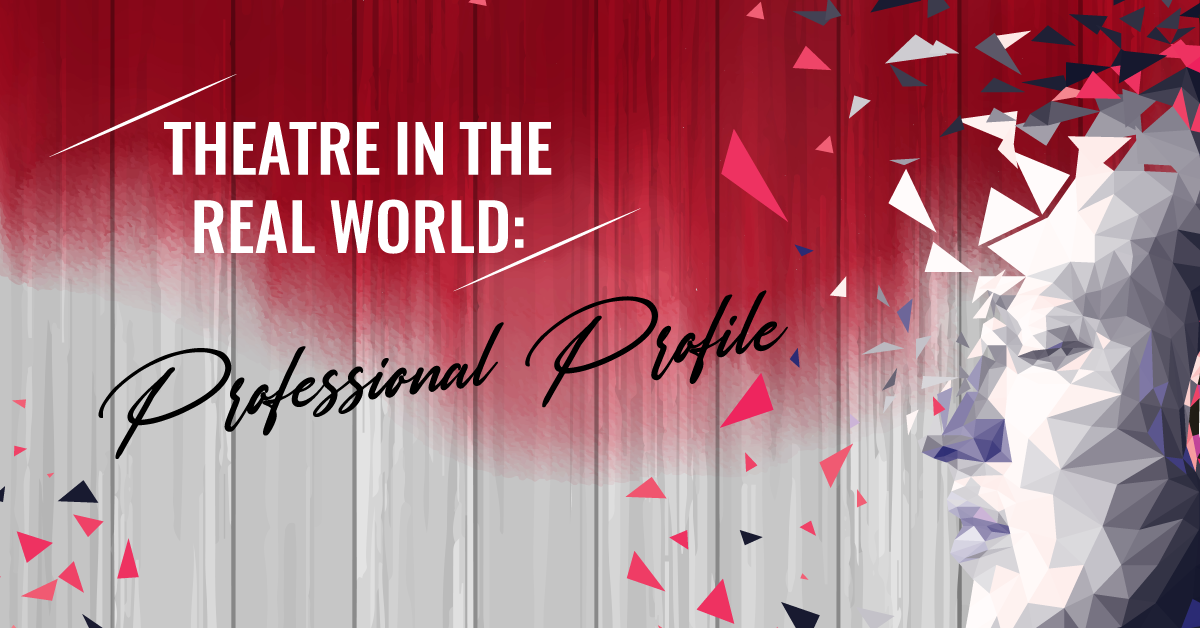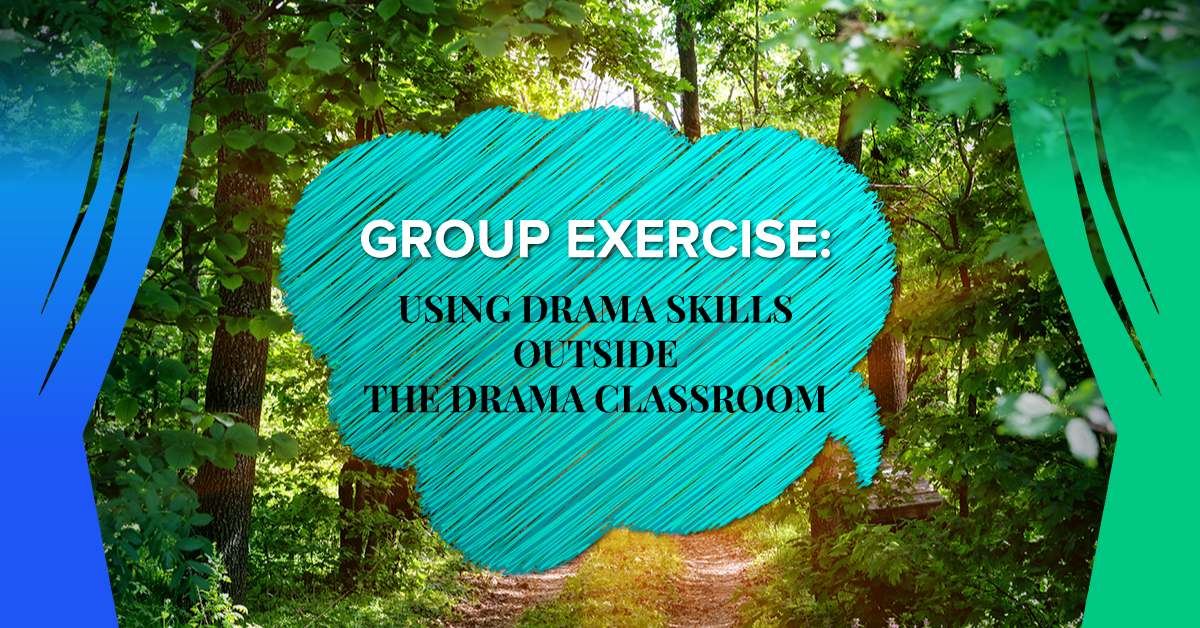Round-Up: Theatre in the Real World Exercises
Drama class is a fantastic place to learn transferrable skills and work towards applying them to real-life situations. No matter what the exercise is, there is always a transferable skill to discover, such as effective communication, teamwork, problem solving, creative thinking, and mindfulness.
Here are 10 of our best articles that focus on how drama class and theatrical skills can be applied to the real world. Even the most reluctant drama student will find a useful concept to apply to their daily life within these articles and exercises.
How Do You Measure Success in the Drama Classroom?
While of course grades are important and required for students to advance, students and educators should look beyond A’s and B’s. From problem solving to confidence building, in this article we look at various ways of measuring success beyond grades.
21st Century Skills in the Drama Classroom
The skills of the 21st century are not about technology, even though every teenager is fully wired. They’re about teaching students to think in a new way. This post includes classroom exercises and articles about the four C’s of 21st century skills: critical thinking, creative thinking, communication, and collaboration.
Finding Theatrical Opportunities Outside the Drama Classroom
Drama class teaches transferable skills that can be used in the “real world.” Encourage your students to think beyond just performing. Being well rounded and having a variety of transferable theatrical skills will help your students go far. How can what students learn in drama class be used outside of drama class?
Communication in the Drama Classroom
Communication is vital to a successful theatrical experience. In fact, it might be the most important 21st century skill students can learn in the drama classroom. We communicate with each other in the real world every day — verbally, nonverbally, and physically. This article gives lots of suggestions for exercises and lessons to practice communication in your classroom.
Collaboration Games: Job Interview
At first glance, the Job Interview game sounds easy: practice interviewing for a job (a real-world skill). However, the twist is that students must work together to allow the interviewer to guide their new hire to discover what job they’re applying for.
20 Icebreaker Questions for Drama Students To Get To Know Each Other
“What did you do on your holiday?” is boring. The 20 open-ended, inclusive questions in this post will help your students get to know each other, as well as give you deeper insight into their lives and personalities. Use these questions for the traditional “pair up and interview your partner” exercise, as full-class group discussion questions, or as written journal prompts.
3 Mindfulness Techniques to Combat Pre-Show Nerves
Practicing mindfulness is helpful for drama students, because it can help them combat pre-show jitters. You can add mindfulness techniques to your pre-show warm-up routines and teach these techniques for students to use on their own. Best of all, they don’t take much time and they can use these techniques virtually anywhere.
Problem Solving: When Students Don’t Work Well Together
Theatre and drama class are collaborative. However, it’s impossible for every student to get along with every other student. What can we do when these students are then expected to work together in a group setting? Have them practice the exercises in this post!
Exercise: Problem-Solving for Student Directors
Giving students the opportunity to direct is a great thing; it helps them develop so many skills and abilities. However, being in a leadership position can be nerve-wracking for students. This exercise gives students the opportunity to explore and practice various problem-solving situations before they get into rehearsal.
Acting in Everyday Life
Many students take drama class not because they want to, but because they have to. This article takes another look at the transferable skills learned in drama class and how to apply them to everyday life, particularly in the working world.



